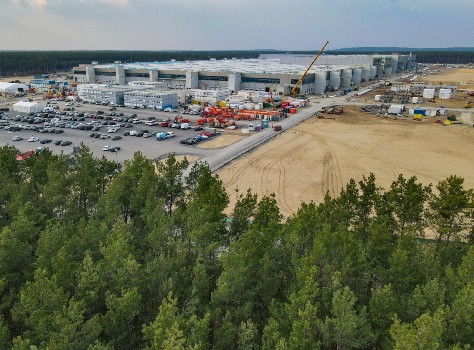“We will most probably accept Volvo Cars’ application and send it to the European Investment Bank in time for its board meeting on March 12,” Jöran Hägglund, a state secretary at the industry ministry, told financial daily Dagens Industri.
Volvo Cars requested a loan of five billion kronor ($567 million) from the EIB on January 29 to help it scrape by as its beleaguered US owner searches for a buyer willing to take on the loss-making unit.
It is however unlikely to receive the loan if the Swedish government refuses to act as guarantor, as it has indicated it would in the case of another Swedish car maker Saab, owned by General Motors (GM).
“Unlike GM, Ford has clearly said it will take its full responsibility as owner and will guarantee cash flow to Volvo Cars until it finds a new owner” for the unit, Hägglund explained.
Dagens Industri however reported that European competition legislation would block the government from guaranteeing more than 90 percent of Volvo Cars’ requested loan.
GM warned last week that Saab would have to file for bankruptcy protection “as early as this month” unless it received help from the Swedish government, which flatly refused to step in and rescue the auto maker.
As a result, Saab last week applied for restructuring, a legal process run by a court-appointed administrator, in a bid to survive on its own.
Enterprise Minister Maud Olofsson however said Monday the Swedish government would not guarantee a loan to Saab unless GM found the unit a new owner.



 Please whitelist us to continue reading.
Please whitelist us to continue reading.